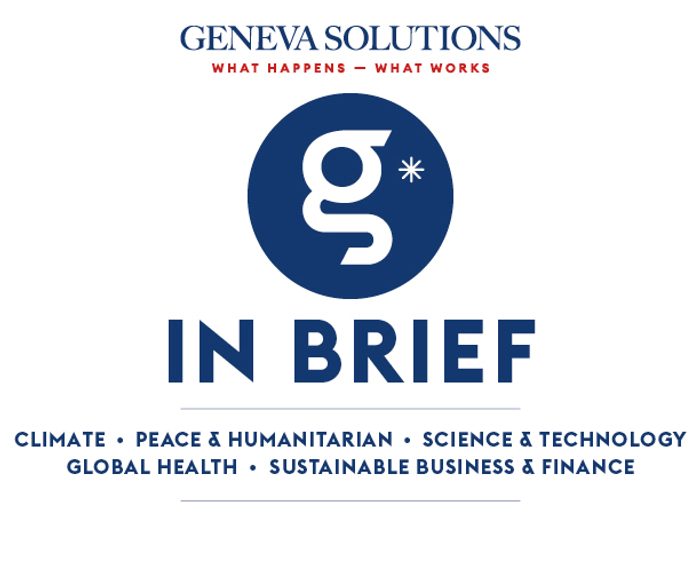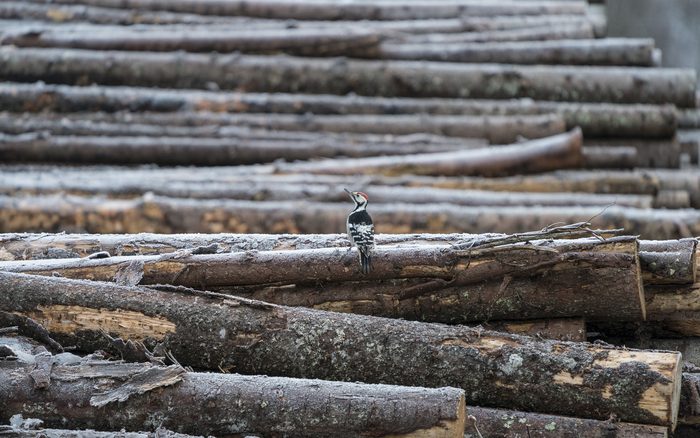|
Wildlife decline.
Tens of thousands of birds, amphibians, reptiles, fish and mammals populations have declined by 69 per cent on average since 1970, according to a flagship report by the World Wide Fund for Nature (WWF) International released on Thursday. Published every two years, the Living Planet Report analyses how environmental stressors impact wildlife population abundance and has come every time to the same conclusion: climate change, habitat destruction due to deforestation, overfishing, pollution and the introduction of invasive species – all majorly driven by human activity – are among the main culprits of the decline.
Geneva Solutions (EN)
|








